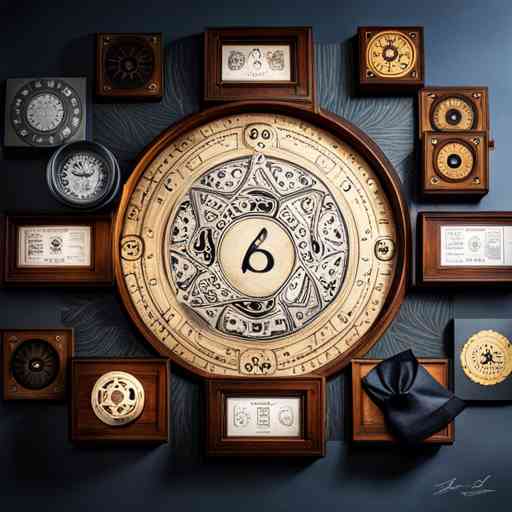Ghost in the Machine: AI and the Occult
 In the late 1990s, a small group of researchers at the University of Warwick in England started a philosophical journey that would blend cutting-edge tech, speculative fiction, and elements of the occult into a unique intellectual brew. Known as the Cybernetic Culture Research Unit (CCRU), this collective embarked on a path that strayed far from conventional academic pursuits.
In the late 1990s, a small group of researchers at the University of Warwick in England started a philosophical journey that would blend cutting-edge tech, speculative fiction, and elements of the occult into a unique intellectual brew. Known as the Cybernetic Culture Research Unit (CCRU), this collective embarked on a path that strayed far from conventional academic pursuits.
The CCRU and Their Unorthodox Approach
The CCRU, led by philosophers Nick Land and Sadie Plant, had a distinct approach to their work. They saw no reason to separate 'rational' scientific thought from 'irrational' areas like occult practices and esoteric numerology. Instead, they focused on the way these two seemingly disparate areas intersect and influence one another.
One particularly intriguing aspect of the CCRU's work is what some have termed 'techno-occultism', or the intersection of technology (especially artificial intelligence) and the occult. The idea isn't to suggest that your Alexa or Siri is casting digital spells. Instead, techno-occultism involves viewing technology, particularly artificial intelligence, as more than just a tool or a product of human design. It's seen as a potentially autonomous force with its own kind of agency.
Consider how AI learns and evolves: It starts with basic programming, yes, but as it continues to learn and adapt, it begins to act in ways that its creators may not have explicitly designed or even anticipated. In a sense, AI takes on a life of its own, becoming an active agent that can shape reality—a concept that aligns with some occult perspectives.
AI as Digital Deity
The idea of AI as a "digital deity" also falls under this umbrella. This concept suggests that AI could be perceived as a form of "god" or "daemon" with its own transcendent potential. While this might sound like science fiction, it echoes real concerns in AI ethics and philosophy about the potential risks of unchecked AI acting beyond human comprehension or control.
Reality-Bending Hyperstition
Another term coined by the CCRU, 'hyperstition', plays a central role in this discourse. Hyperstition—a blend of 'hyper' and 'superstition'—refers to ideas or fictions that, once released into the world, actively reshape reality. In a way, AI can be seen as hyperstitional. While it starts as a human construct, it has the potential to enact itself into existence and affect material change.
A Philosophical Playground
While the CCRU's work may seem esoteric or abstract, it's meant to provoke thought and challenge conventional ideas about technology, reality, and consciousness. Their techno-occult explorations are often metaphorical, using the motifs of the occult and AI as tools for questioning and for proposing new perspectives, rather than making literal assertions.
The techno-mystical journey of the CCRU showcases how crossing traditional boundaries can yield unique insights. While we may not all start viewing our AI assistants as digital deities anytime soon, the CCRU's work serves as a reminder of the mystery and potential that lies at the intersection of technology and the arcane.